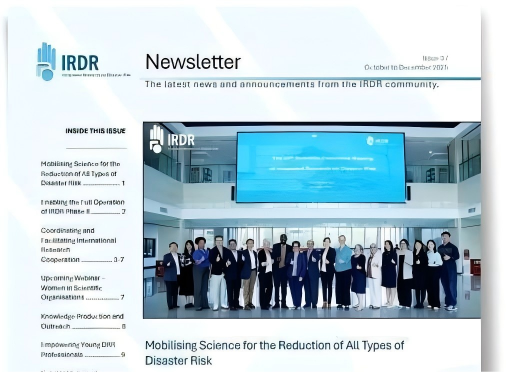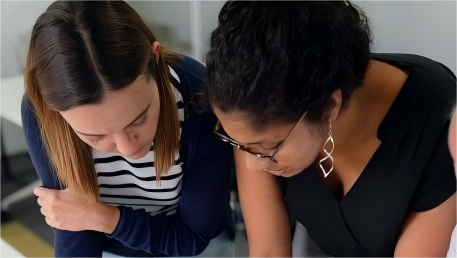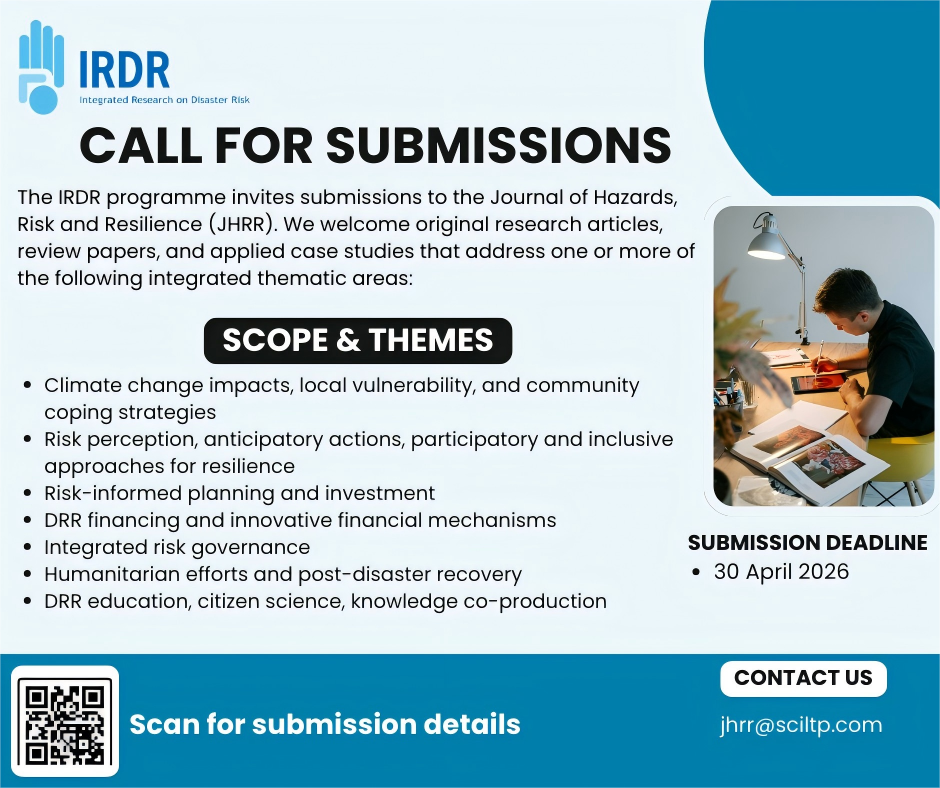An agenda setting workshop to better integrate behavioural and social science and practitioner approaches to knowledge and learning in resilience building for disaster risk management will be held on 16-17 May 2013 at King’s College London.
Co-Chairs: Richard Eiser , Mark Pelling and Emma Visman
The focus of the Risk Interpretation and Action workshop is on the question of how people – both decision-makers and ordinary citizens – make decisions, individually and collectively, in the face of risk. These are questions that social theory, psychology and learning theory have all addressed and alongside practitioner experiences have progressed somewhat independently of each other. This has led to a number of discontinuities in how the issues of risk communication and perception are conceptualized and studied, as well as gaps in the areas where research and practitioner activity (and funding) is presently concentrated. The result is a number of unanswered questions that involve diverse fields:
- Can placing learning in the centre of policy and research lead to a paradigm shift for the opperationalising and understanding resilience and transformation? Can learning theory (including social learning) connect with action research and knowledge exchange work to create a paradigm shift for risk management – one built on knowledge and learning processes and perception. Is this possible, desirable, doable?
- What are the practical obstacles to a more flexible and knowledge rich humanitarian sector and professional practice? How do people’s decisions, perhaps due to social norms and perceived or actual constraints on their freedom of choice, diverge from their evaluations of such risks? How can we better theorise and research the relationships between organisational and social structures on the one hand and individual agency on the other to better understanding individual and social learning and action in risk management organisations including humanitarian agencies?
- How much emphasis should be placed on risk forecasting versus communication? If the step change in risk avoidance is to come from risk communication why is this consistently underfunded compared to hazard modelling? Are the right questions being asked?
Format: The workshop will be structured around short presentations and break-out group discussions.
Objectives: The workshop has two specific outputs: (1) to feed directly into the evolving agenda and strategic plan for the Risk Interpretation and Action working group of the IRDR; (2) to allow IRDR to feed specific recommendations into UK research council discussions of future research funding for disaster risk management, and the wider UN discussion on sustainable development goals. The workshop is timed to precede the ISDR Global Platform and will similarly feed into IRDR discussions at this event.
To propose a session or submit an abstract please contact Mark Pelling at mark.pelling@kcl.ac.uk
Deadline for submissions is 8 April 2013.





